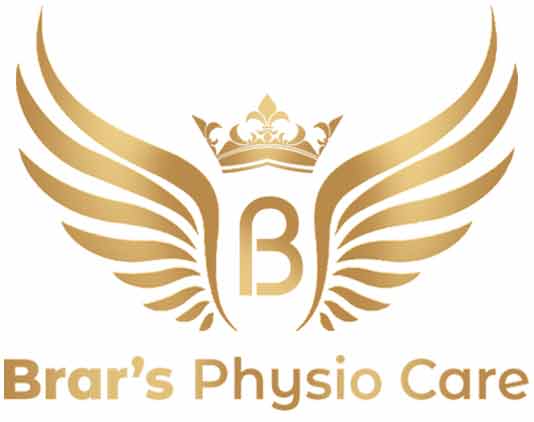Frozen Shoulder Treatment in Mohali
Frozen shoulder, also known as adhesive capsulitis, is a condition characterized by rigidity and pain in your shoulder joint. Signs and symptoms normally begin slowly, deteriorate over time and then decide, usually within 1-3 years. Your peril of developing a frozen shoulder increases if you’re recovering from a medical condition that stops you from moving your arm such as caress or mastectomy. Frozen Shoulder Treatment in Mohali involves range-of-motion exercises and, sometimes, corticosteroids and numbing medications injected into the joint pill. In a small percentage of cases, arthroscopic surgery might be indicated to untie the joint capsule so that it can move more freely.
Symptoms
Frozen shoulder normally develops slowly, and in three stages. Each stage can last a number of months.
Freezing stage: Any moment of your shoulder aches, and your shoulder’s range of motion begins to become restricted.
Frozen stage: Pain may start to reduce during this stage. However, your shoulder becomes stiffer, and using it becomes harder.
Thawing stage: The variety of motion in your shoulder begins to recover.
Causes
The bones, ligaments, and tendons that make up your shoulder joint are enclosed in a capsule of connective tissue. Frozen shoulder occurs when this capsule thickens and tightens around the shoulder joint, restricting its movement. Doctors aren’t sure why this happens to some people, though it’s more likely to take place in people who have diabetes or those who recently had to halt their shoulder for a long period, such as after surgery or an arm fracture.
Frozen Shoulder Treatment in Mohali
This treatment involves controlling the shoulder pain and preserving as much range of movement in the shoulder as possible.
Medications
Over-the-counter pain relievers, such as aspirin and ibuprofen (Advil, Motrin IB, others), can help reduce pain and tenderness linked with frozen shoulders. In some cases, your doctor may prescribe stronger pain-relieving and anti-inflammatory drugs.
Therapy
A physical therapist can educate you on range-of-motion exercises to help recuperate as much mobility in your shoulder as probable. Your obligation to do these exercises is imperative to optimize the revival of your mobility.
Surgical and other procedures
Most frozen shoulders get improved on their own in 12 to 18 months. For constant symptoms, your doctor may advise:
Steroid injections. Inserting corticosteroids into your shoulder joint might help reduce pain and improve shoulder mobility, particularly in the early stages of the procedure.
Joint expansion. Injecting sterile water into the joint capsule can help widen the tissue and make it simpler to move the joint.
Shoulder exploitation. In this process, you get a general anesthetic, so you’ll be comatose and feel no pain. Then the doctor moves your shoulder joint in diverse directions, to help untie the tightened tissue.
Surgery. Surgery for a frozen shoulder is uncommon, but if nothing else has helped, your doctor may suggest surgery to eliminate scar tissue and adhesions from inside your shoulder joint. Doctors usually do this surgery with lighted, tubular instruments inserted through small incisions around your joint.
